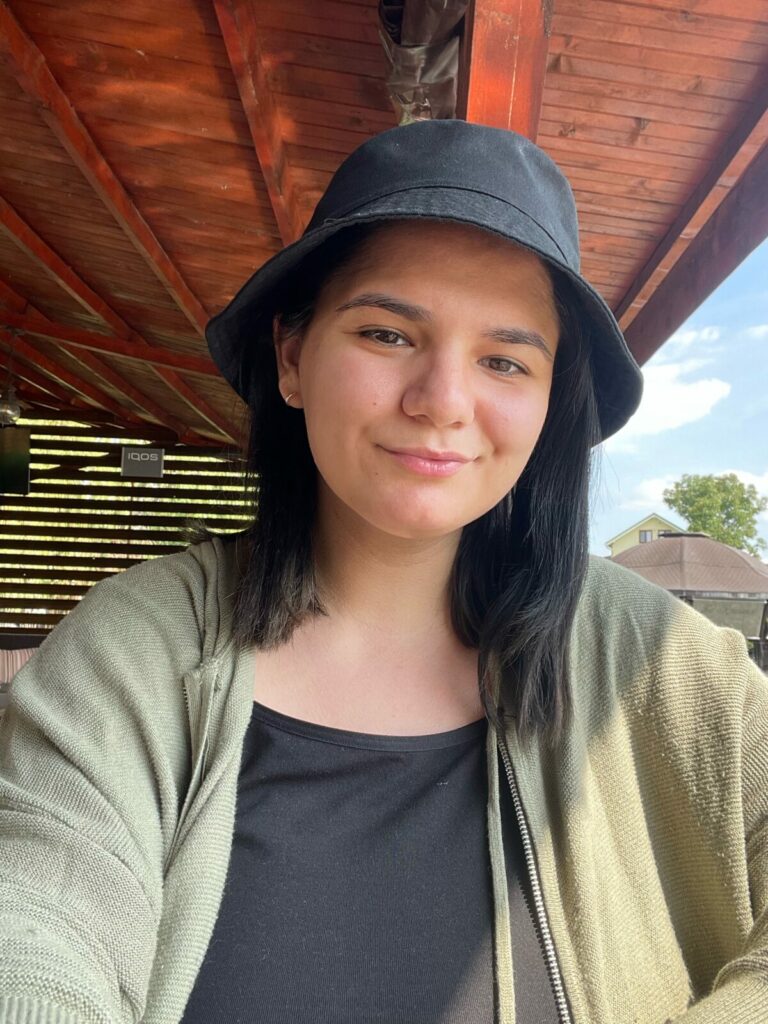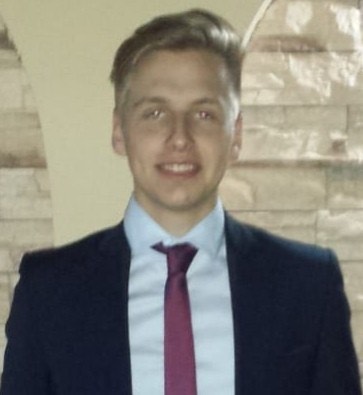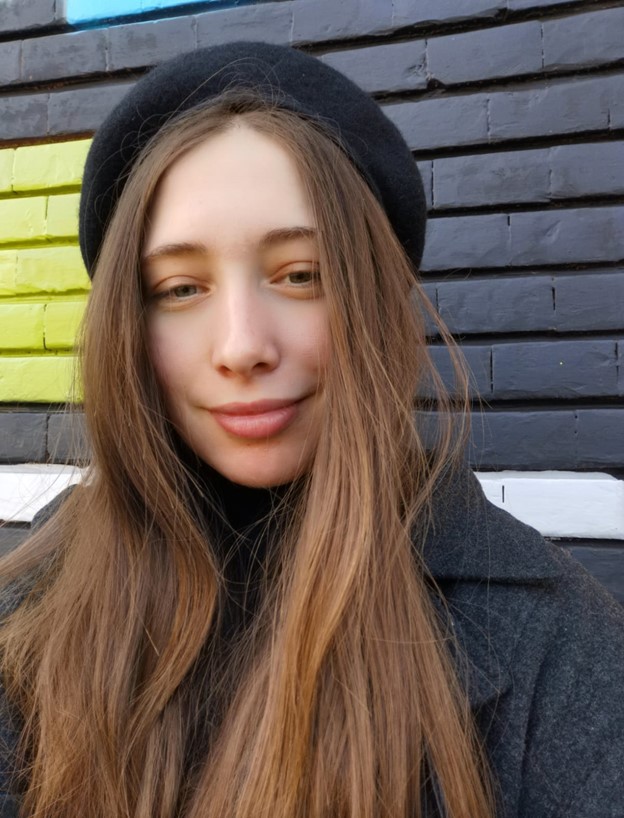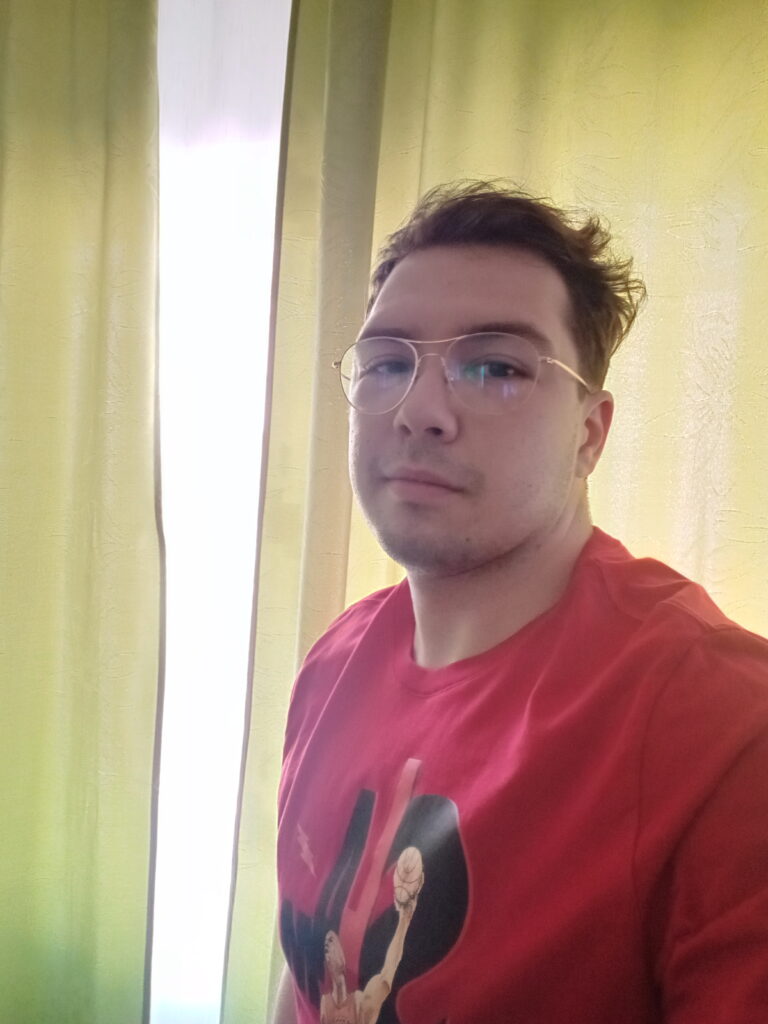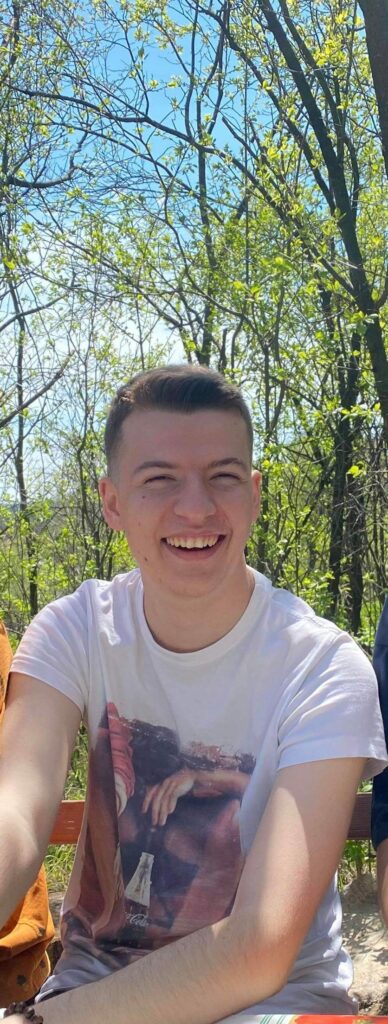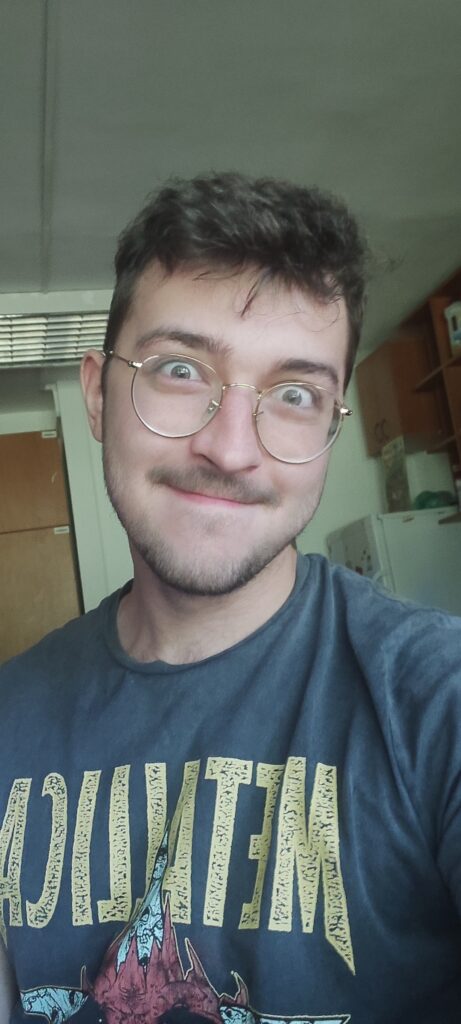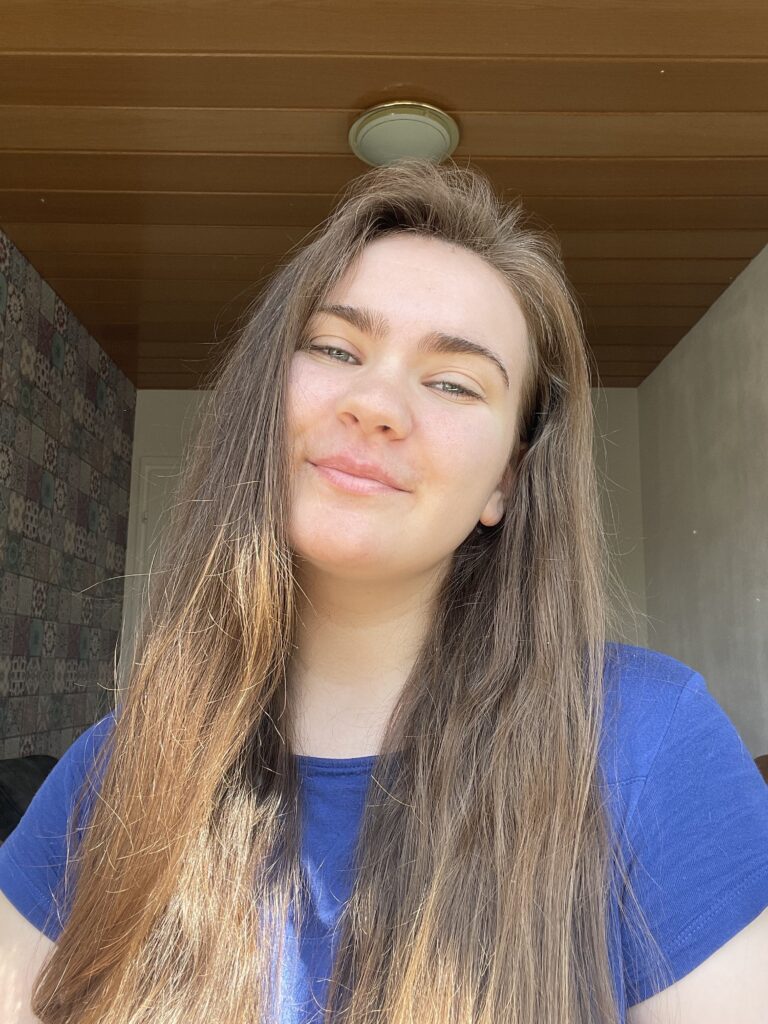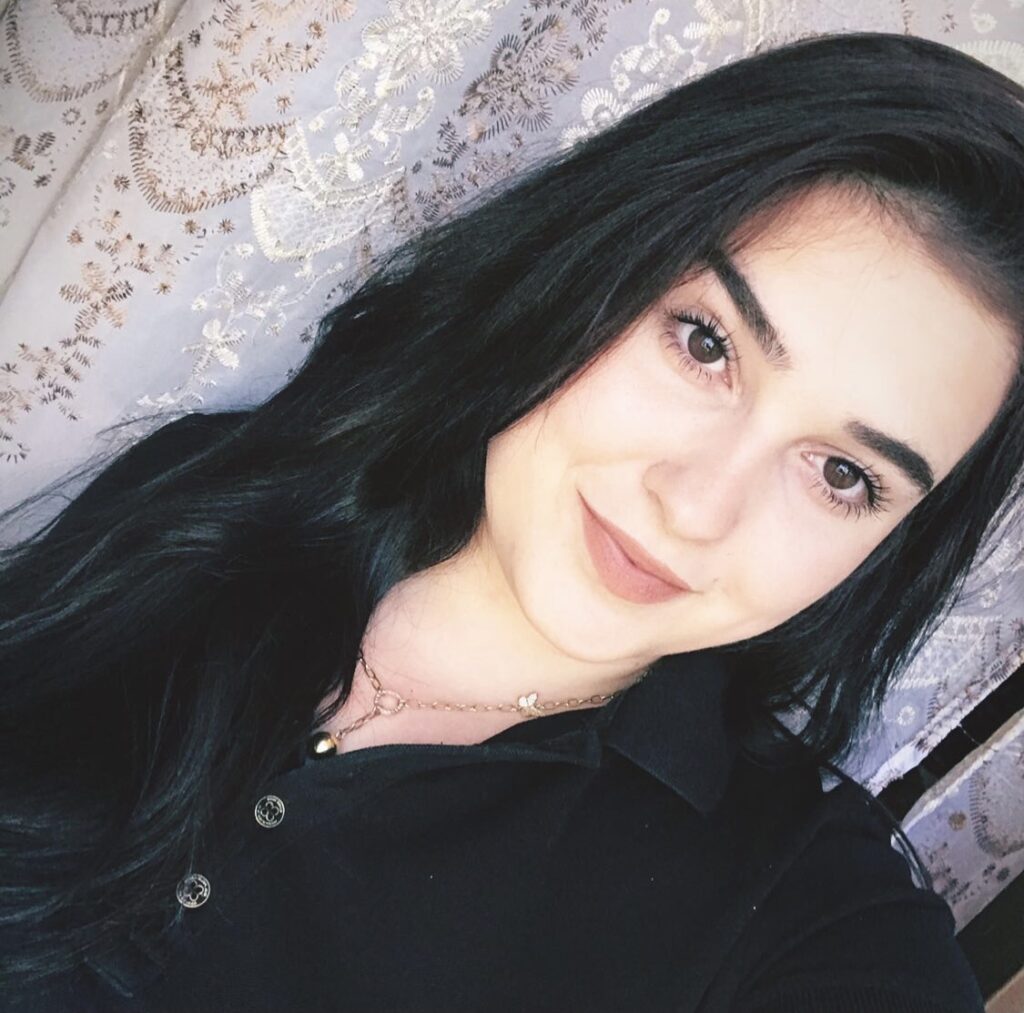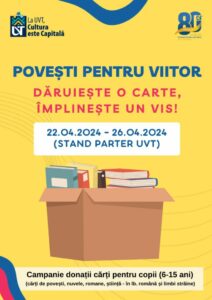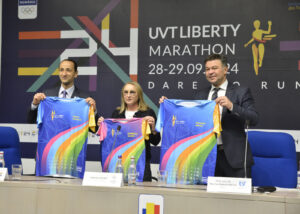Between May and July 2022, eight students of the Applied Modern Languages and Theory and Practice of Translation majors from the Faculty of Letters, History and Theology have been selected to participate in the terminological research project Terminology Without Borders, the section TECH – DIGITAL HUMANITIES, in collaboration with the terminology department of the European Parliament, TERM COORD and the General Directorate for Translations of the European Union, DG TRAD. The research activity of the eight students was coordinated by Eliza Claudia Filimon, university lecturer. Ph.D. in the English Language and Literature group of UVT. The students defined and translated from English into Romanian 110 terms, which will be included in the European IATE glossary.
The students' work included terminological research, translation, definition and framing in relevant context and documented according to the requirements of the TERM COORD department, in order to maintain the format of the terminological tables. The working languages were Romanian and English.
UVT team:
Damaris Daniela Boartăș – first year Master TPT
Theodora Lucaci – XNUMXst year Master TPT
Laurentiu Sebastian Thirtheu – first year Master TPT
Cristian Mihai Pleniceanu – XNUMXst year Master TPT
Andrej Velić – XNUMXst year Master TPT
Ariana Floriana Grigore - second year LMA
Tudorel Cristian Stoica – second year LMA
Emilia-Maria Turlea - second year LMA
Coordinator - university lecturer. Dr. Eliza C. Filimon, DLLM, LIT, UVT
The XNUMXst century can be called, by an abstract mythological analogy, the Arena of Dragons. The two beasts and their fire that burns in living flesh are representations, masked silhouettes of Communication and Technology. Without gift and perhaps all men are victims of this song of information and fire, a fusion of flesh, circuits and words that we call progress, Plus Ultra!
Our project is perhaps a mere sword for this battle, but certainly a well-sharpened one. At least this is how I present a certain more colorful angle from which one eye of mine looks a little sicker, more dreamy than the other.
The more pragmatic and sane eyeball would say the following:
I learned a lot about the language barrier of this century and the efforts we are making to reduce it. Even more important than the technological advance that tends to impress us incessantly is its spread and understanding in the world, we call on specialized terminology, we find it and give it colors to ensure the outline that people, society, see. I am convinced that the terms I have adjusted to the parameters of our language will be useful (at least to me, hopefully not only) in understanding the new era we are rapidly entering. After all, this project in which I took part is a small part of the most important, extraordinary, in any case unique event in which the phenomena of this world meet only once and never again in this way, the Evolution of Humanity. (Tudorel Cristian Stoica)
"Digital Humanities" is the first project of this kind that I had the opportunity to participate in, and I can say with all conviction that it was worth it. Through this project, I learned a lot of new and extremely useful information about virtual space. Moreover, I understood how important it is to carry out a fair and qualitative research. This research turned out to be very interesting and sometimes even fun.
I consider it necessary to mention that the pleasure of working on this project also results from the permanent involvement of the coordinating professor: she patiently and kindly explained to us all the necessary steps that we had to go through afterwards and offered us help during the entire working period. My experience was a pleasant one in terms of participating in this project. That is why I am willing to get involved again in the future in similar projects. (Damaris Boartăș)
This project helped me to learn again more about what is involved in the act of translating and providing the right information, being the second time I have worked on a project of this kind. It was an enjoyable, interactive and challenging experience. The slightly higher difficulty pushed me towards more documentation and analysis in various dictionaries.
I have improved my ability to find corresponding words in Romanian, it is difficult to find relevant translations of English terms, sometimes they are not noted in the dictionary to help you directly.
Terminology projects of this type are a plus and a great help to those of us who are just starting out as translators, due to the accumulation of new information, experience, including newly learned terms, in the field of Digital Humanities. (Ariana Floriana Grigore)
The translation and terminological research project represented an important experience for me, giving me the opportunity to put into practice the acquired knowledge but also to acquire new ones. The challenges encountered in the translation exercises in this project gave me the chance to practice how to use documentary sources to make a correct translation and to familiarize myself with the work of a translator. (Andrei Velić)
As a summary of the experience I had throughout this project, I can say that it was something new and interesting, but at the same time difficult in some moments being the first time I took part in a project of this kind . During this project I learned to be more attentive, to do better and thorough research, to manage time better and most importantly, I gathered new information. (Laurentiu Thirteu)
This project was the third project of its kind that I participated in, a project from which I had a lot of terms to learn and which gave me the chance to practice translating some less common words. The obstacles encountered made the process difficult, but they helped to discover new things, which I am convinced will help me in the future. (Emilia-Maria Turlea)
The topic of the project was very interesting, I learned a lot of aspects related to the virtual environment. The activity helped me to improve my terminological research skills, which is a very important step that any future translator must take.
Also, this activity was not as difficult as it seemed at first glance, the coordinator explained very efficiently the processes I had to go through, giving me the chance to work for pleasure, without any pressure.
I am eager to participate in such projects in the near future. (Mihai Pleniceanu)
The hardest moments are sometimes felt in the face of challenges. Regardless of the field of work, passions or desires, we often get discouraged by what seems to be in front of us. I'm glad that through the prism of this project, I was reconfirmed that the challenge plays an important role only when, through the solution of the problem, we can offer something from what we've learned to those around us. (Theodora Lucaci)

Andreij Velic 
Damaris Boartas 
Laurentiu Thirteu 
Mihai Pleniceanu 
Tudorel Cristian Stoica

Theodora Lucaci

Emilia Turlea

